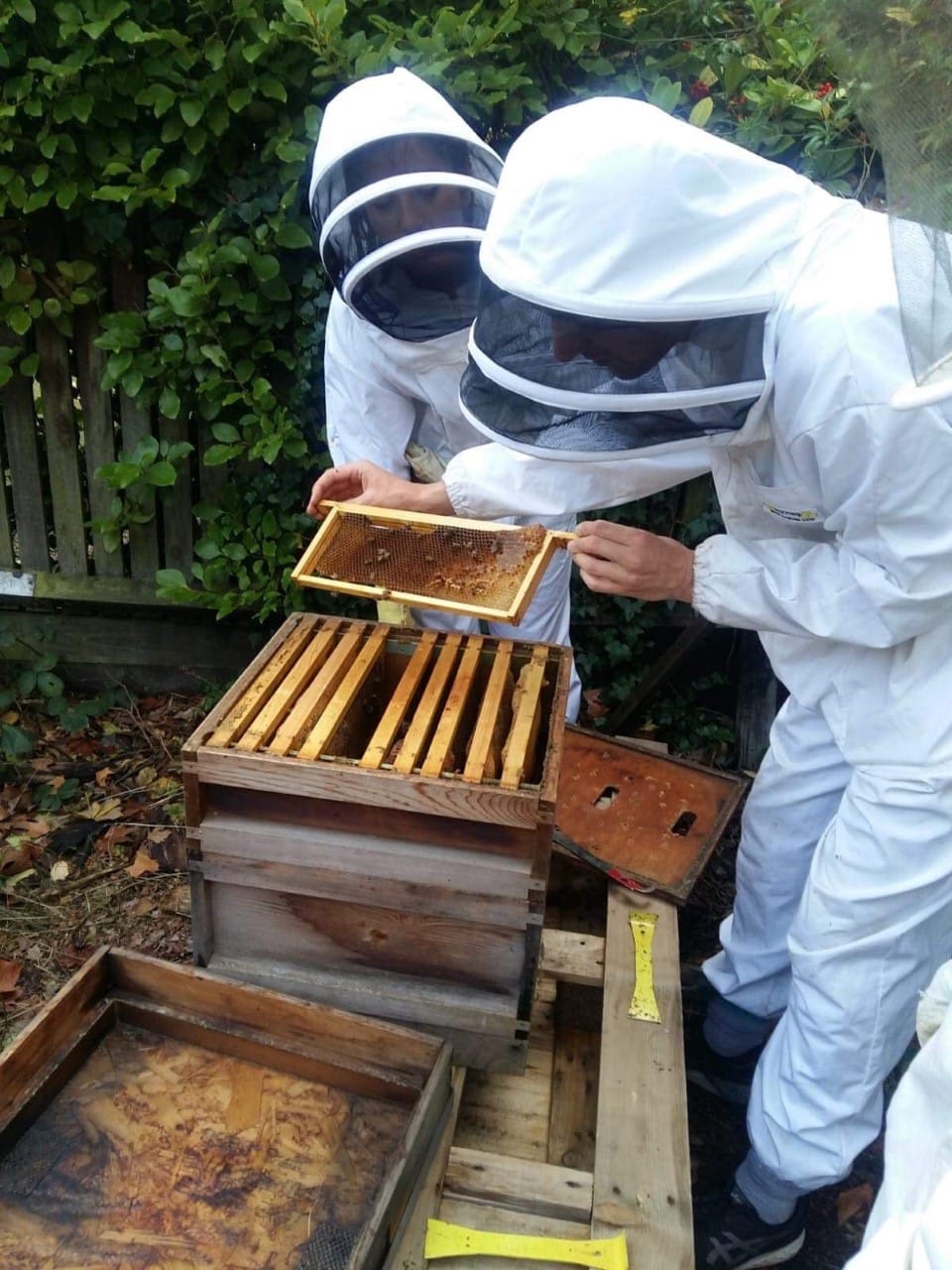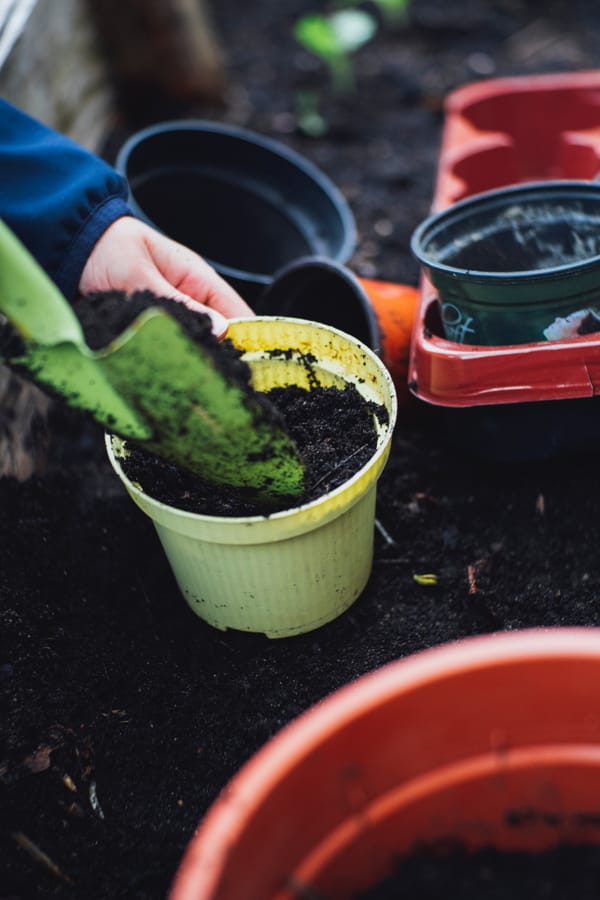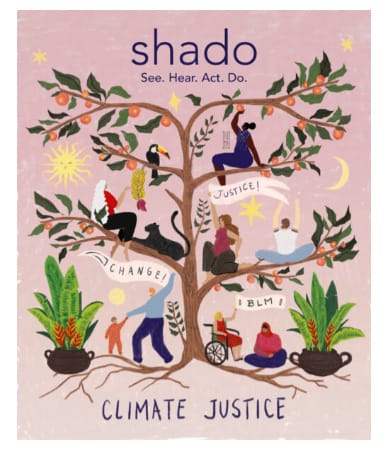Lockdown kills Imperial bees
The new hives brought in this year after last year's hive collapses have also died
Most years at Imperial involve students organising campaigns and raising awareness surrounding issues important to them. Often there are many sustainability initiatives on campus for student engagement and raising awareness to reduce the environmental impact of the running of the College. However, this year, societies have shifted to online activities and have been prevented from sometimes carrying out their most important tasks. Greening Imperial and the Imperial College Environmental Society have shifted their engagement online, but the latter has been heavily affected by the multiple lockdowns and the university’s regulations.





Back in the pre-Covid times, the IC Environmental Society used to hold weekly gardening sessions in their plot in South Kensington. During these sessions, students were able to learn how to plant and manage the cultivation of crops such as potatoes, tomatoes, carrots, and courgettes. These sessions were also great opportunities for members to bond, learn from each other, and get some much-needed fresh air. One of the major benefits of the planting sessions was the possibility of members being able to take home and eat the vegetables once they had grown.
Another main activity the society carried out was beekeeping, with the society having their own hives near the vegetable garden producing honey sold at the Imperial Coop. However, during the first lockdown period in the Spring, both the bee colonies died. The exact cause of death is unknown by the society, but we spoke to an experienced beekeeper who told us that the spring can be a crucial time for bee colonies – they can be extremely fragile at this time and will die by lack of feeding with sugar and water. Furthermore, the IC environmental society noted that the bees would ‘probably still be alive’ if they could have kept an eye on them.
Over the summer, IC environmental society purchased two new colonies of bees for their hives with hopes of keeping these for years to come and to eventually produce honey again. However, if lockdown restrictions continue and students cannot visit the hives then there is a low chance of their survival over the winter.
At the beginning
of term, although sports sessions could go ahead, gardening permission from a departmental sponsor. This extra administrative step took a long time so that eventually the society only had two weeks of gardening before the current lockdown. This seemed unfair considering that gardening sessions can be socially distant, and all members wear gloves. Plus, gardening is an inclusive activity (more than sport) that benefits the mental and physical health of the students.





Post-lockdown, the society plans to organise more gardening sessions, continue socials online and strengthen campaigns by combining all the smaller ones (e.g. Imperial on Ecosia, Less Meat Less Methane, Fashion Friendly). Being on campus would also make it easier to raise awareness amongst students on the use of a menstrual cup to reduce the waste created by using other period products. In the past, the society managed to make it easier for students to try a menstrual cup by giving them a 20% student discount with Organica.
The hope is that they can get back on campus to be able to engage more students and make more change on campus alongside Greening Imperial. Look out for events and socials on their Instagram @icl_environmental_society. Do not miss their online Eco-careers campaign for talks on conservation related career options, webinars, and online workshops.







